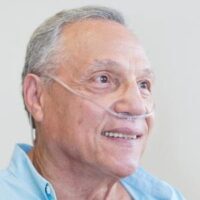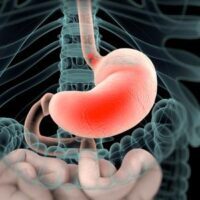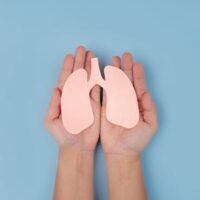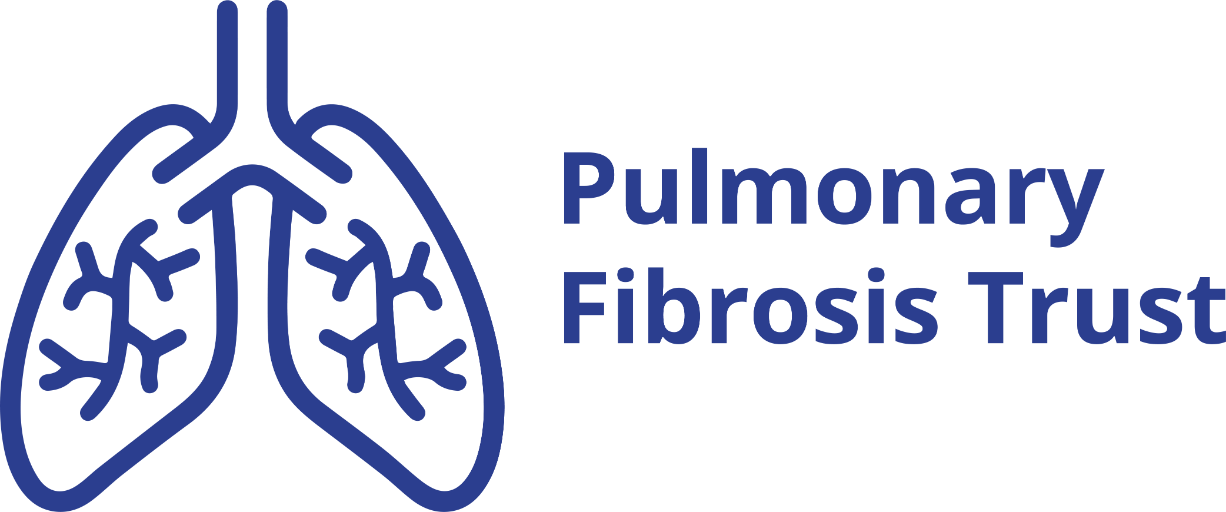
Pulmonary rehabilitation
An exercise programme designed to reduce breathlessness by teaching breathing techniques and improve general fitness level.

Medication
There are two drugs which slow down disease progression by reducing lung scarring: Nintedanib and Pirfenidone.
This medication is only currently available to patients diagnosed with IPF.

Oxygen therapy
Supplemental oxygen is used to treat low oxygen level (hypoxaemia) in the blood caused by scarring via a nasal cannula or a face mask.
Ambulatory oxygen therapy is given/taken additionally during exercise and everyday living activities.
As the disease progresses (severe hypoxaemia) you may require constant oxygen supplementation.

Stomach acid reduction
Omeprazole and lansoprazole are medications which reduce the production of stomach acid and antacids neutralise stomach acid.

Cognitive behavioural therapy/anti-depressants
To manage possible anxiety/depression caused by the PF diagnosis.

Lung transplantation
Transplant of one or both lungs from a donor.
Only 5% of PF patients qualify for the procedure for a number of reasons including their age and other health problems.
Content acknowledgements: © 2022 by the University of Hull and Authors. A Patient's Guide to Pulmonary Fibrosis Second Edition

